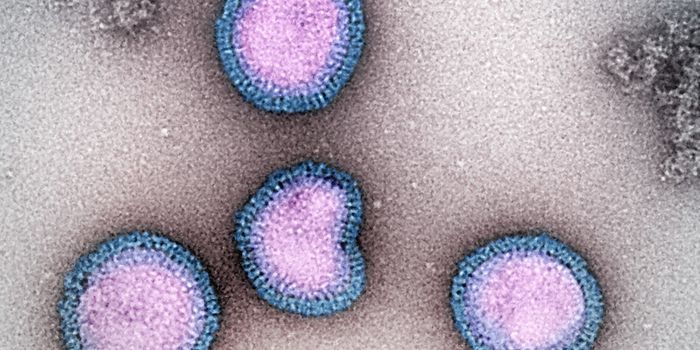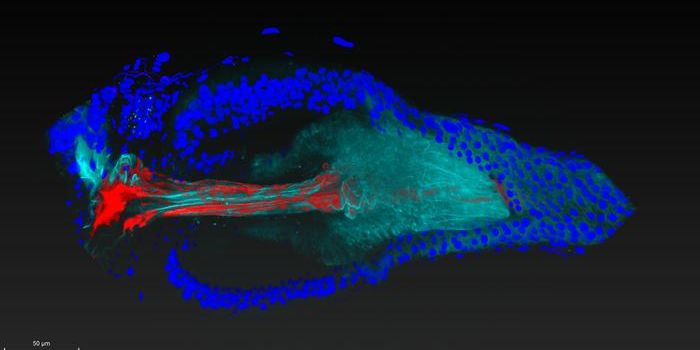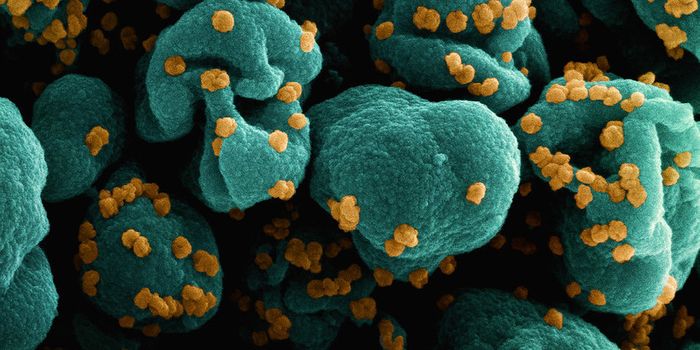A Potential Leptospirosis Vaccine is Created
Spirochetes are a type of free-living, spiral-shaped bacteria, some of which are harmless and others that can cause disease in people. Leptospires are an infectious kind of spirochete that cause leptospirosis, a zoonotic disease that can spread when people or animals come into contact with contaminated water, soil, or the urine of infected animals. Infected animals can harbor the bacteria in their kidneys.
Leptospirosis can cause life-threatening conditions. A vaccine is necessary because leptospirosis is a public health problem, and the bacteria are too common to be eradicated. But the Leptospira family of bacteria includes 300 different varieties or serovars that make up 64 species. That makes creating an effective vaccine difficult.
However, researchers have now developed a single-dose vaccine that may provide protection from the many types of bacteria that cause leptospirosis. They did so by utilizing a protein that is important to the movement of the pathogen. The work has been reported in eLife.
"We have recently identified a novel protein called FcpA in the flagella of Leptospira which enables it to move and penetrate human and animal tissues," explained the first study author Elsio Wunder Jr, an Associate Research Scientist in Epidemiology at Yale School of Public Health. "With this study, we wanted to see whether using engineered Leptospira that lacks a functional FcpA molecule has the potential for a vaccine that could provide [a] major public health benefit."
The modified form of Leptospira that the researchers created is a live vaccine: one that uses a non-pathogenic type of the infectious microbe. The scientists tested the safety of the vaccine in hamster and mouse models, and found that it moved through the hamster and was cleared within seven days of exposure, while the mice cleared it from their bodies after two weeks had elapsed. The mutated form of Leptospira was not found in samples of kidney tissue or blood after those time points, which suggested that the vaccine would be cleared from the body before causing disease.
The researchers then checked for efficacy against all Leptospira infections by testing the vaccine against a heat-killed form of Leptospira. When animal models were given either the modified form or the heat-killed form of Leptospira, the researchers found that the heat-killed vaccine could only protect the animals from serovars of Leptospira that were similar to it. The altered form, however, was effective against serovars that belonged to different species of the bacteria; the engineered vaccine seems to be effective.
Further research indicated that the vaccinated hamsters and mice were generating antibodies against a range of Leptospira proteins from different species. The scientists also identified 41 proteins that could be useful in the development of other vaccines; many of them are similar in different species and could be essential to the survival of the pathogen.
"In this proof-of-concept study, we have shown that a universal leptospirosis vaccine candidate can prevent both death and kidney colonization in animal models," said author Albert Ko, Department Chair and Professor of Epidemiology (Microbial Diseases) at Yale School of Public Health. "These findings take us one step closer to achieving the holy grail for the field, which is an effective vaccine that protects against the many Leptospira species and can be deployed as a broad solution to the human and animal health challenge caused by leptospirosis."
Sources: AAAS/Eurekalert! via eLife Sciences, eLife









